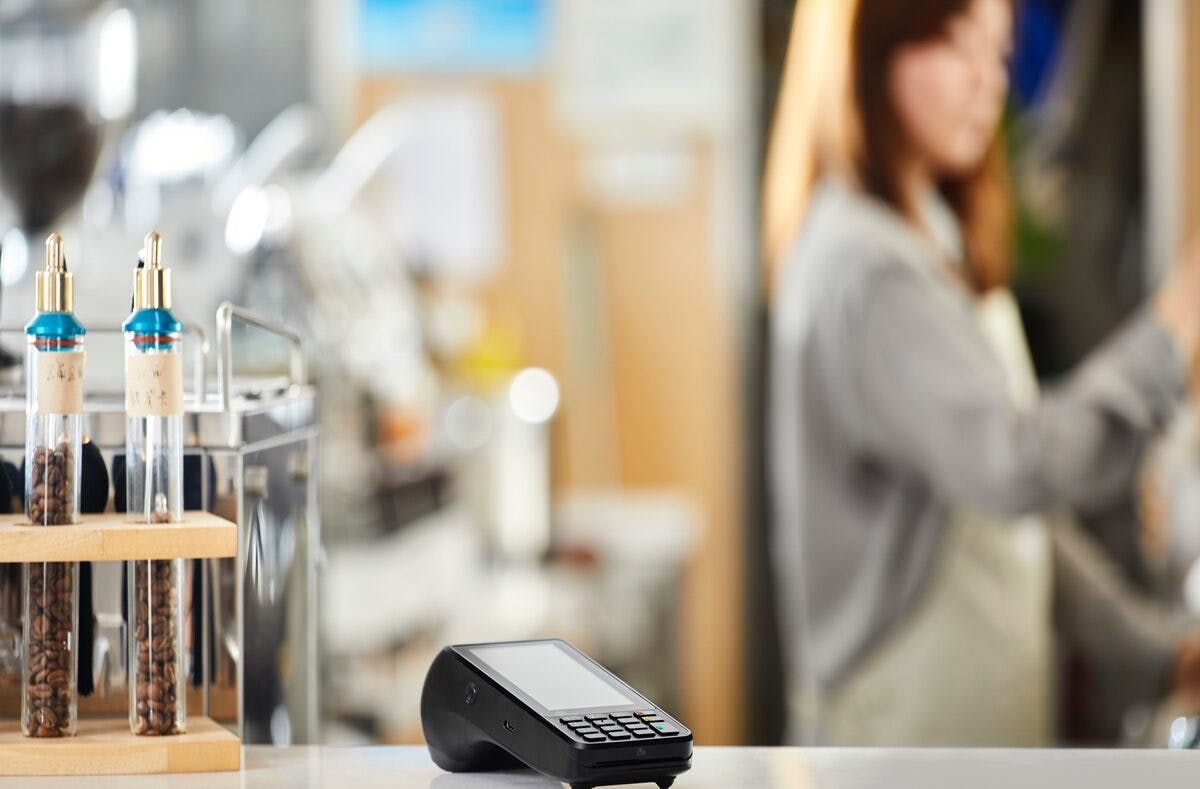The electronic payments system, Eftpos, has become the first private identity exchange to be recognised by the federal government’s Trusted Digital Identity Framework.
The accreditation will allow eftpos to execute online transactions in Australia that require a digital identity, a critical milestone in the growth of digital commerce with enhanced security
Stuart Robert, Minister for Employment, Workforce, Skills, Small and Family Firm, stated in a statement that Eftpos’ new digital identification solution business, connectID, had become Australia’s first officially certified non-government operator of digital identity exchange.
According to eftpos CEO Stephen Benton, accreditation under the Australian Government’s Trusted Digital Identification Framework (TDIF) is crucial for industry adoption of digital identification to increase security and productivity in the Digital Economy.
“TDIF accreditation is a big step forward for eftpos and industry to help bring the benefits of digital identity to more sectors of the economy.
“It is a significant and tangible milestone in the rollout of Australia’s digital identity ecosystem and comes after months of rigorous assurance evaluations and privacy and security testing,” Mr Benton said.
The accreditation also allows eftpos to work more closely with the Australian Government’s Digital Transformation Agency, according to Mr. Benton (DTA).
Collaboration opportunities include investigating how to make it easier for more Australians to securely access private and government services online.
“With connectID, eftpos drew on its experience operating the national eftpos network in the development of an exchange to make it easier for Australians to share, store and receive trusted personal identity information online, giving them more confidence and control.”
ConnectID is already live and running trials with identity providers such as Australia Post, Yoti, and several State Governments to solve real-world business problems such as age verification for online liquor sales, police checks, and license validations for heavy equipment operators on mining sites, according to Andrew Black, Managing Director of eftpos Digital Identity.
Mr. Black noted that connectID might be used to handle a variety of business challenges in the future, including e-commerce onboarding, recruitment, responsible gaming, anti-money laundering, and identity verification.
“The creation of an Australian digital identity ecosystem that provides utility to both the public and private sectors is a foundation stone in a modern digital economy because it reduces friction, delays, and cost while automating and boosting safety and compliance for individuals, businesses, and government services,” Mr Black said.
While connectID securely facilitates identity verification or data exchange, it does not store the identity data. Identity providers store consumer identities and take responsibility for providing this secure information only under the consent of the identity owner.
In this way, the identity owner – the consumer – controls who receives and uses their identity data.
Based on international best practices and industry standards, the TDIF establishes standards, norms, and recommendations for digital identity providers. Organizations, government agencies, and private-sector businesses, such as eftpos, can apply for TDIF accreditation and must pass a series of rigorous assurance tests.
As it grows, it will enable government-issued credentials to effortlessly interact with regulated businesses and authorised private sector organisations that need to verify identification to combat fraud, identity theft, and meet ‘know your customer standards. These are critical for ensuring compliance with money-laundering and terrorism-financing regulations.
Eftpos’ five-year plan
This announcement comes weeks after the e-payments system platform revealed plans to introduce large-scale payments competition to Australia’s online retailing sector in November 2021.
The new features announced are part of eftpos’ $100 million digital upgrades over five years, and they join other secure digital payments initiatives that eftpos is also implementing in the Digital Economy, such as QR code payments experience infrastructure, mobile wallet functionality, and digital identity service, connectID.
The Digital Identity Program is being provided by the Morrison Government as part of the $800 million Digital Business Plan and is being led by the Digital Transformation Agency.
As part of its testing of the Australian Government Digital Identity System, the Australian Government is accrediting a number of businesses and government agencies through the TDIF. This is an interesting next stage in the Digital Identity program’s execution.
Keep up to date with our stories on LinkedIn, Twitter, Facebook and Instagram.

